Eliza Shaddad, The Sudanese-Scottish Folk Musician On The Go
Meet Eliza Shaddad, the philosophy student-turned folk balladist.
When Eliza Shaddad isn’t writing or playing at music gigs, she’s camping, going for walks in the mountains, or for swims in rivers and lakes around London. Swimming she says, has become a defining characteristic of her personality. It’s fitting, as her melancholic, pop-inflected folk music is of a fluid, organic nature. The Sudanese-Scottish folk singer is a woman on the go; she spent most of her childhood moving from city to city, and was inspired to start her music career by folk festival-hopping with her friends from university. Someday she hopes to live in the middle of nowhere, somewhere by the sea.
Initially a philosophy student, she decided to switch gears and study jazz in London where she got her break featuring on a 2014 Clean Bandit song, “Birch,”. She then released a couple of EPs — Waters, and Run — between 2014 and 2016. On October 26th, she finally released her debut full-length, Future, ten fiery and emotional songs about moving on, with Beatnik Creative. She Shreds caught up with Shaddad about the hard work that went into Future, being inspired by old Scottish folk ballads, and her feminist arts collective Girls Girls Girls.
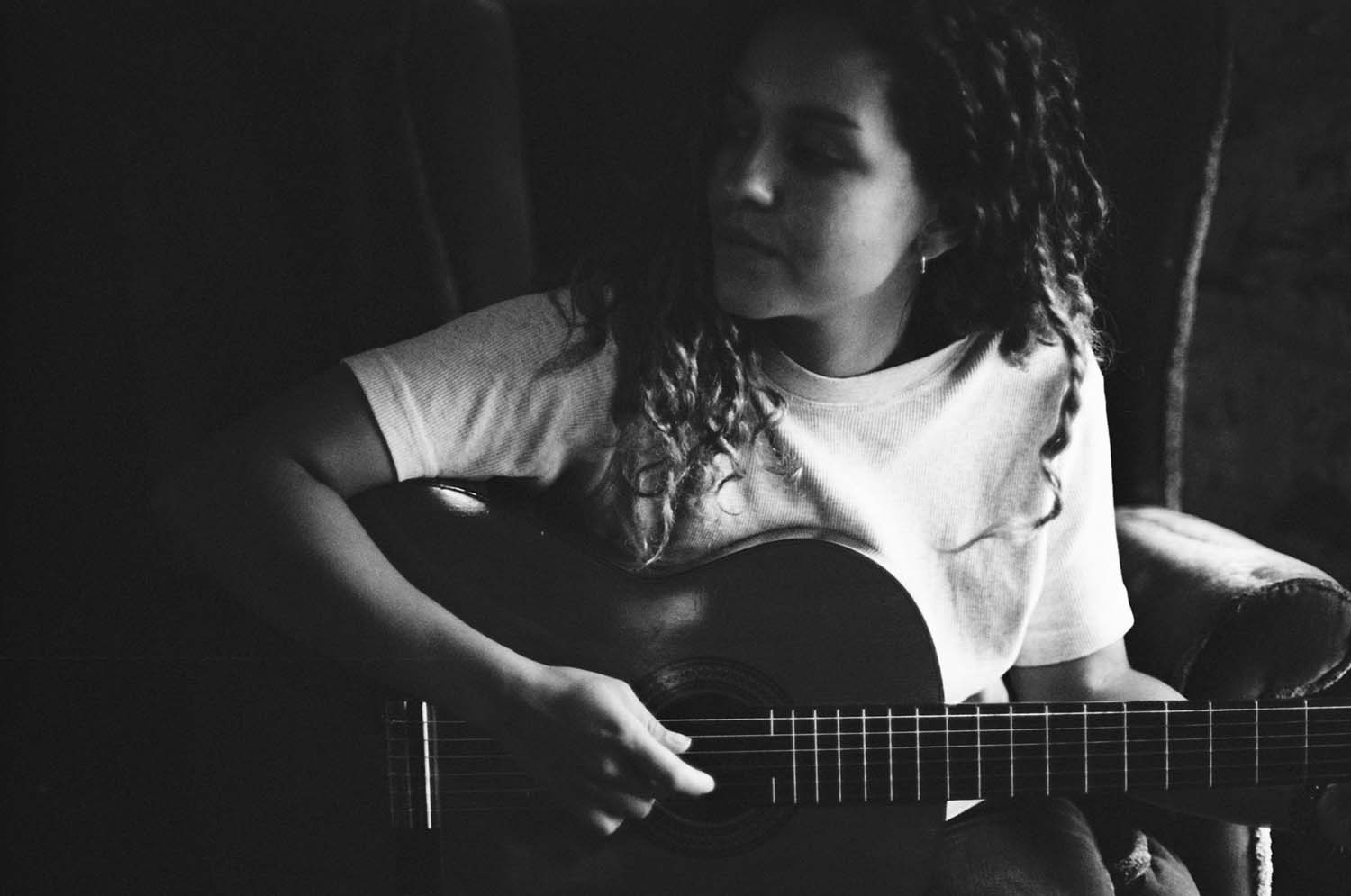
SHE SHREDS: Let’s start at the beginning. How did you start making music?
ELIZA SHADDAD: I wrote my first song when I was eight, on the school bus. An a cappella ballad about unrequited love. I learned piano when I was a school kid. But I was keen on learning guitar, so I got my first guitar for my sixteenth birthday. I was living in Russia at the time, and my mum got me a Russian classical guitar, with crazy high action, really wide neck — the strings are about a centimeter apart. I learned about five riffs and gave up, until I was at the university. I was studying philosophy, avoiding my masters and going to loads of folk festivals. I was quite active in student politics, and I shaved my head and wrote my first song on guitar about why everybody should shave their heads.
Tell me about Future. How did you record it?
I always demo stuff at home. Then I take it into studio with Chris Bond, a producer that I’ve worked with on my last two EPs. He works in Devon, in a studio called Deep Litter, which is on a farm at the end of a peninsula, surrounded by water. The last farm before the lighthouse. It’s like you travel to the end of the world. It takes four or five hours to drive down there, and you’re just bobbing along through green lanes. And when you get there there’s no phone signal.
What guitar do you play?
I play a Gordon Smith guitar. They’re hand built in the UK, and such beauties. I love their character. Live, I use a Fender Blues Junior at the moment, but actually used a JC-120 chorus amp in the studio for a lot of this record and fell so in love. I’ve been getting progressively more into pedals over the last couple of years and my go-tos are the Line 6 DL4, the Small Clone, and DS-1 Distortion, but as I get more into soloing and writing new stuff I’m well looking forward to that widening.
What’s your writing process like? How do songs come to you?
I always write on guitar — so far, anyway. And then I build a song around it in Logic. Very occasionally, they come out all in one go. Once I woke up from a dream and was like, this, and just had the lyrics coming out of me. A really old one called “Waters.” But normally I work on both separately. I have guitar riffs I’ve been messing around with, and then themes, emotions, or stories I’ve been mulling over. I work and work at it. I’ll probably feel like it’s finished about 20 times before it actually is, ‘cause I’m always making changes to little bits.
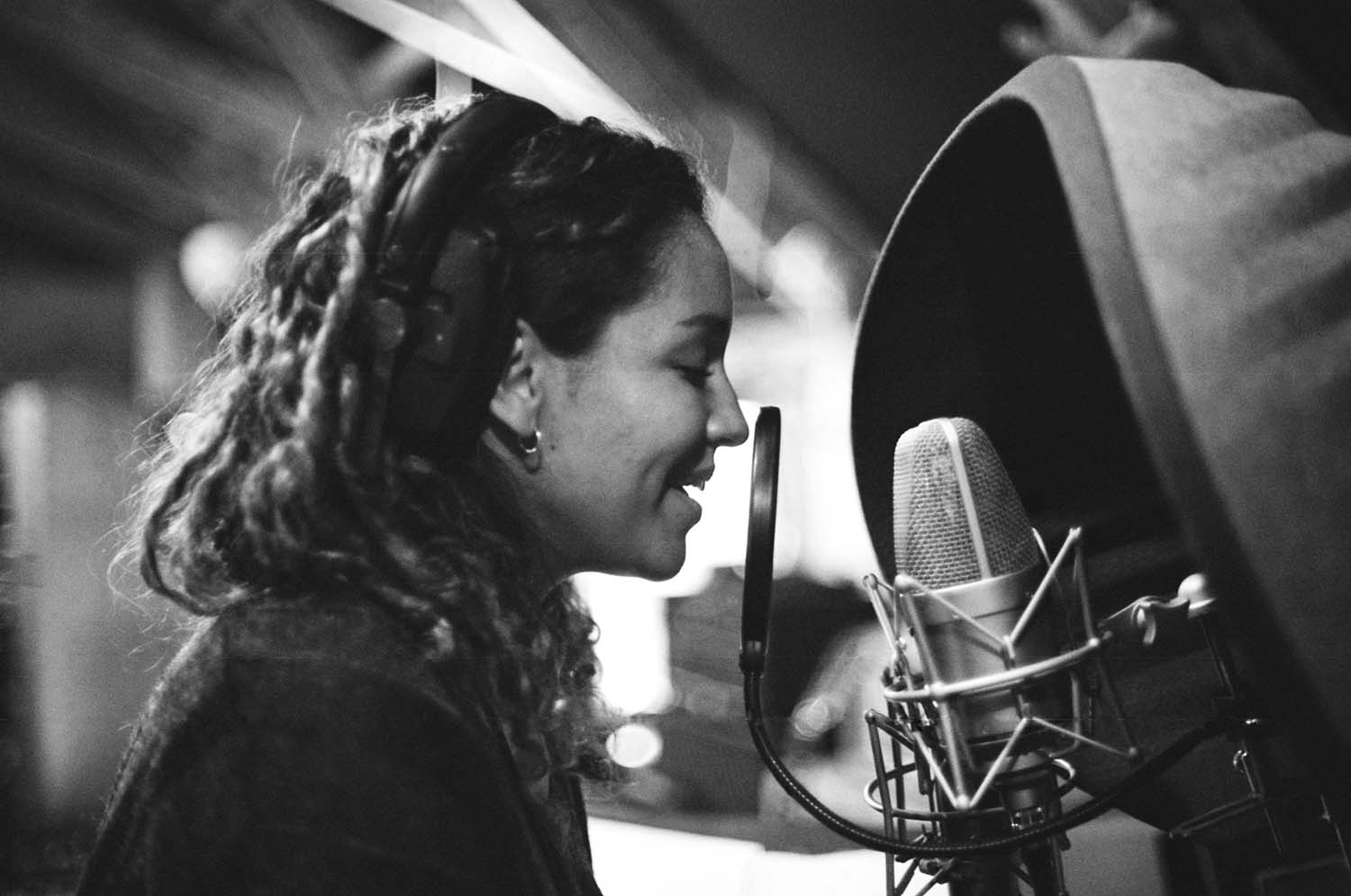
Is there a uniting force to all the Future songs?
It was only looking back that I realized it was very clearly about one thing: trying to move on. Stopping something, dealing with the fallout, and looking to the future. A lot of it was about self-realization. Hoping to not do the same again, and therefore change as a person.
Tell me about the inspiration for your sound. I hear you’re into Scottish folk murder ballads!
When I was in the university I was living in a caravan with three friends, driving from festival to festival every weekend. I tuned into this rural network of folk musicians that have existed for many, many years, and will exist for many to come. I thought that was so beautiful. In my local library I found field recordings of traditional folk singers. They had these amazing old voices, people who’d been singing these songs their whole lives. There’s an academic researcher in me that delighted in finding something so out of the way that I loved and could make my own — that’s what the tradition is. Kind of like jazz, you have a standard repertoire that you borrow from.
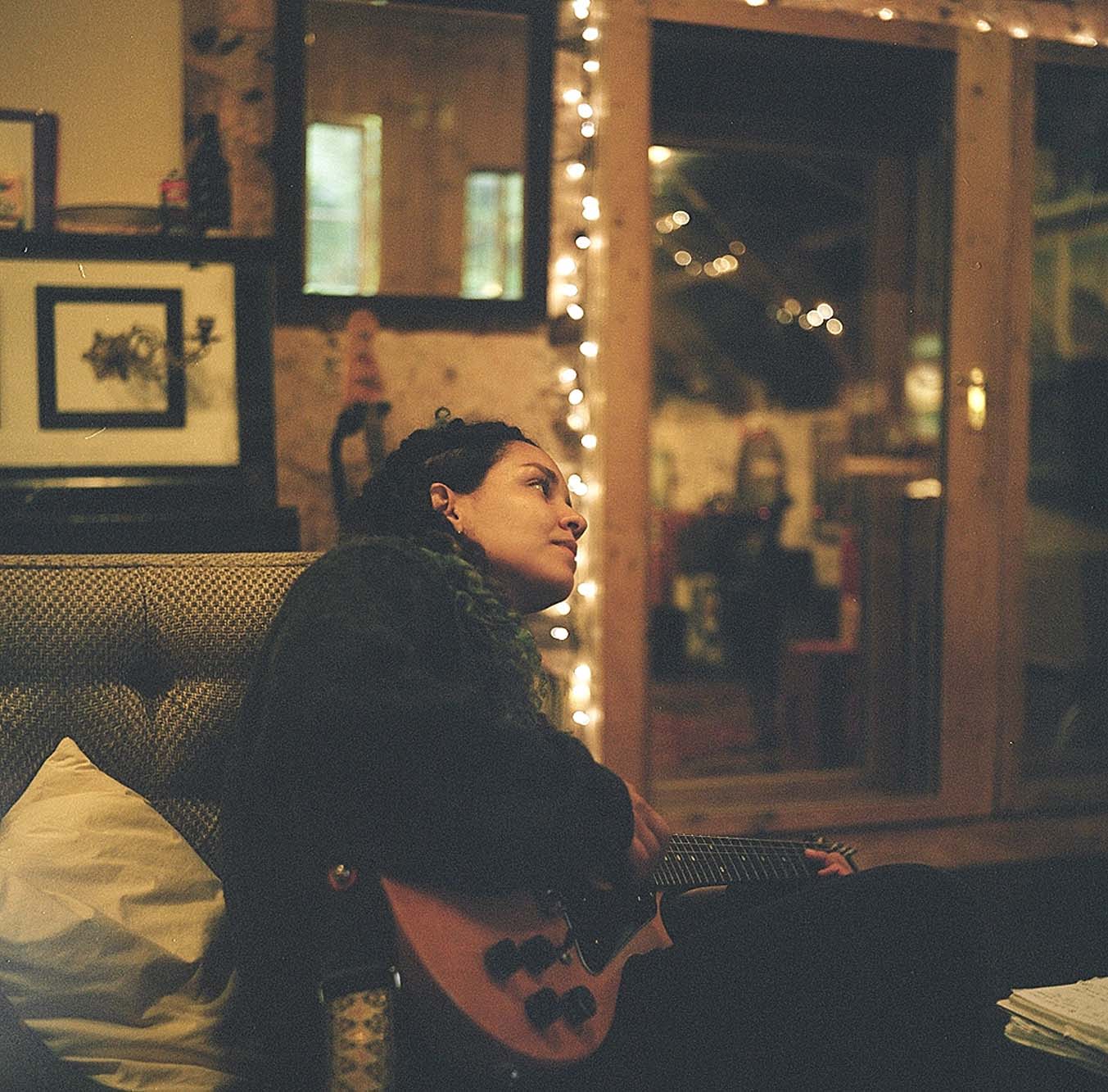
Tell me about Girls Girls Girls, and what you’re doing with it now.
Me and my friend Sam Lindo set it up maybe seven years ago now. We’d just moved to London and were playing all sorts of gigs — shit gigs, basically. We wanted to play good ones, so we decided we’d organize them ourselves, and invite loads of women we admired, to create a space for them to showcase and experiment. A friend of ours had just started this charity Orchid Project, and we decided we’d do it all in conjunction. It’s an event that showcases music, and poetry, and often a pop-up art exhibition. The next one I’m planning will be in January. I thought it’d be cool to find a way to go in a tech and entrepreneur direction, link up all the different sides of what women can do. Not restrict femininity to arts.
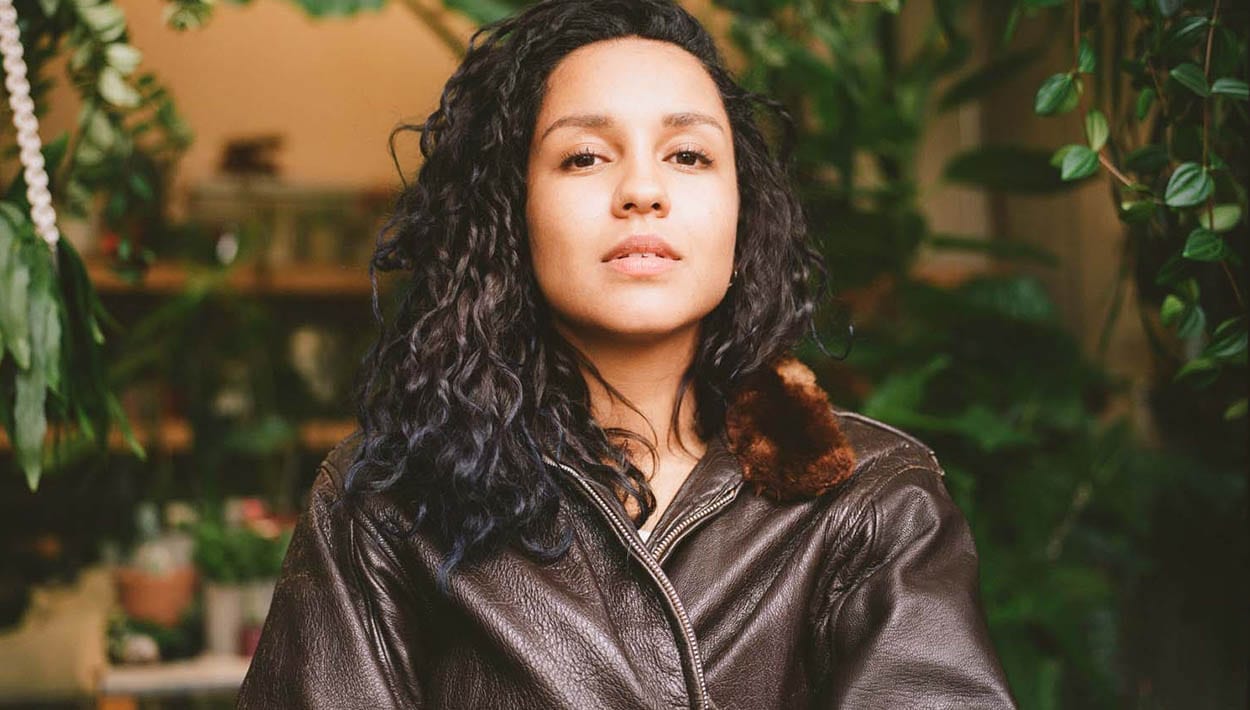

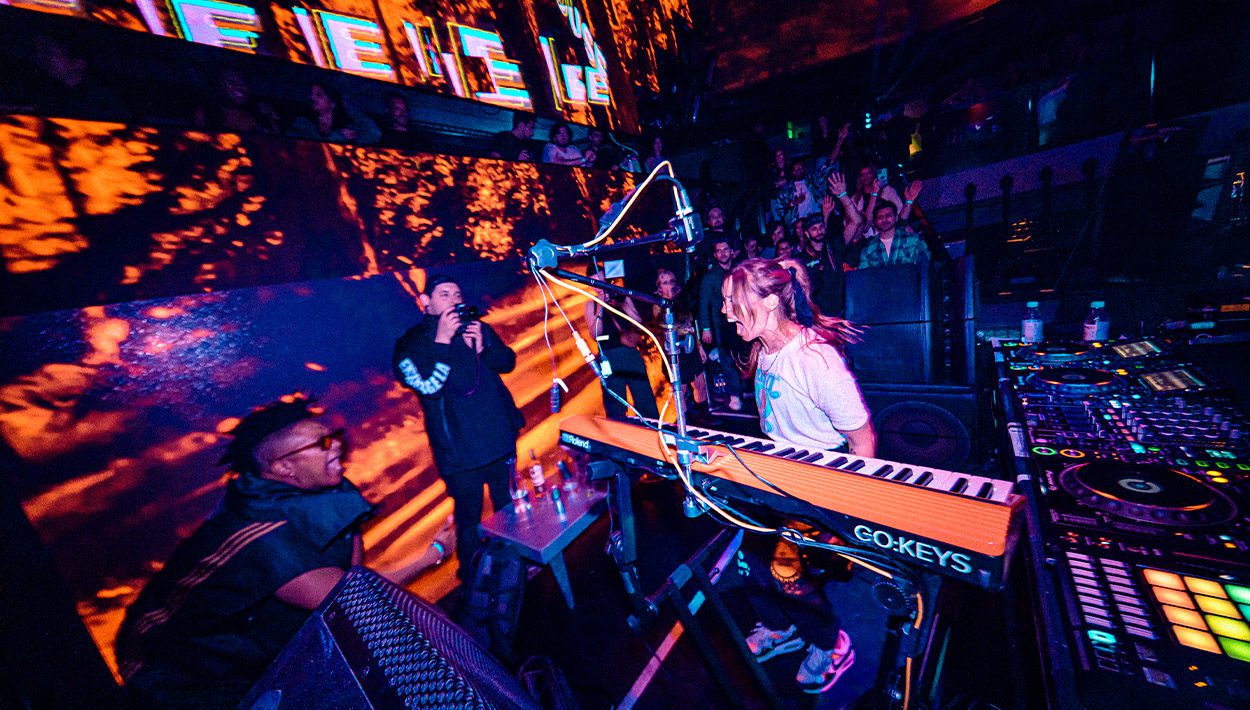
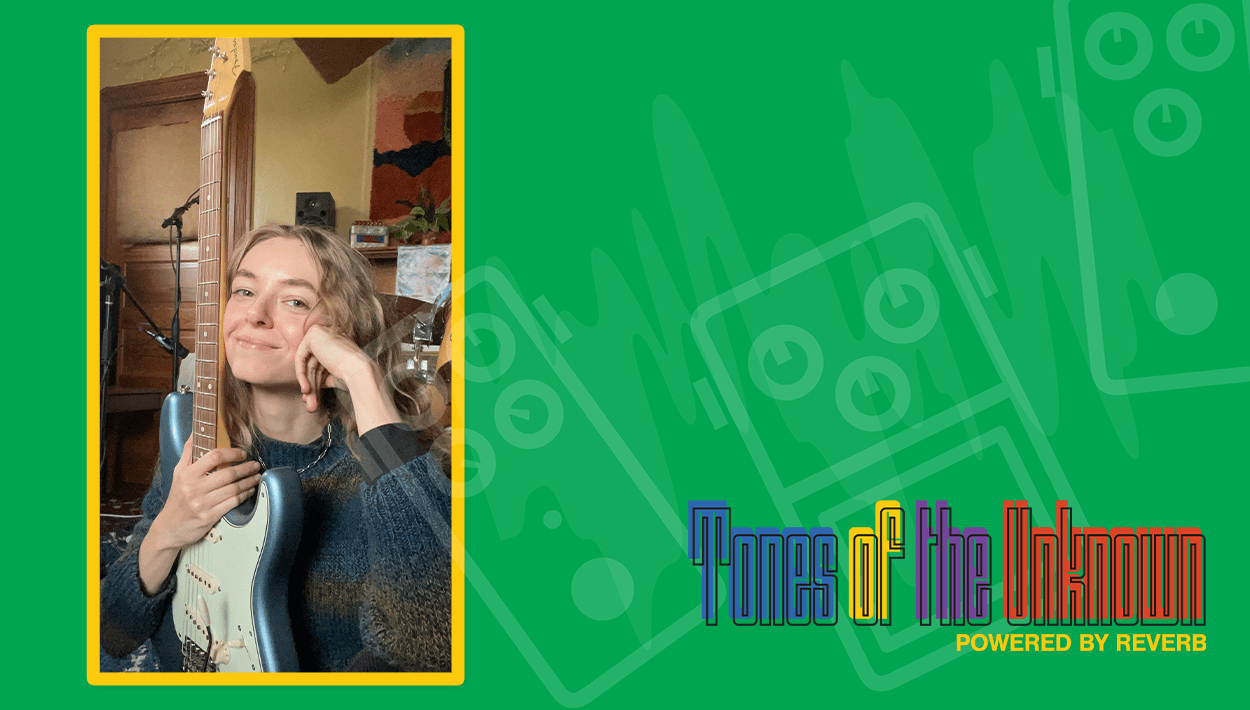
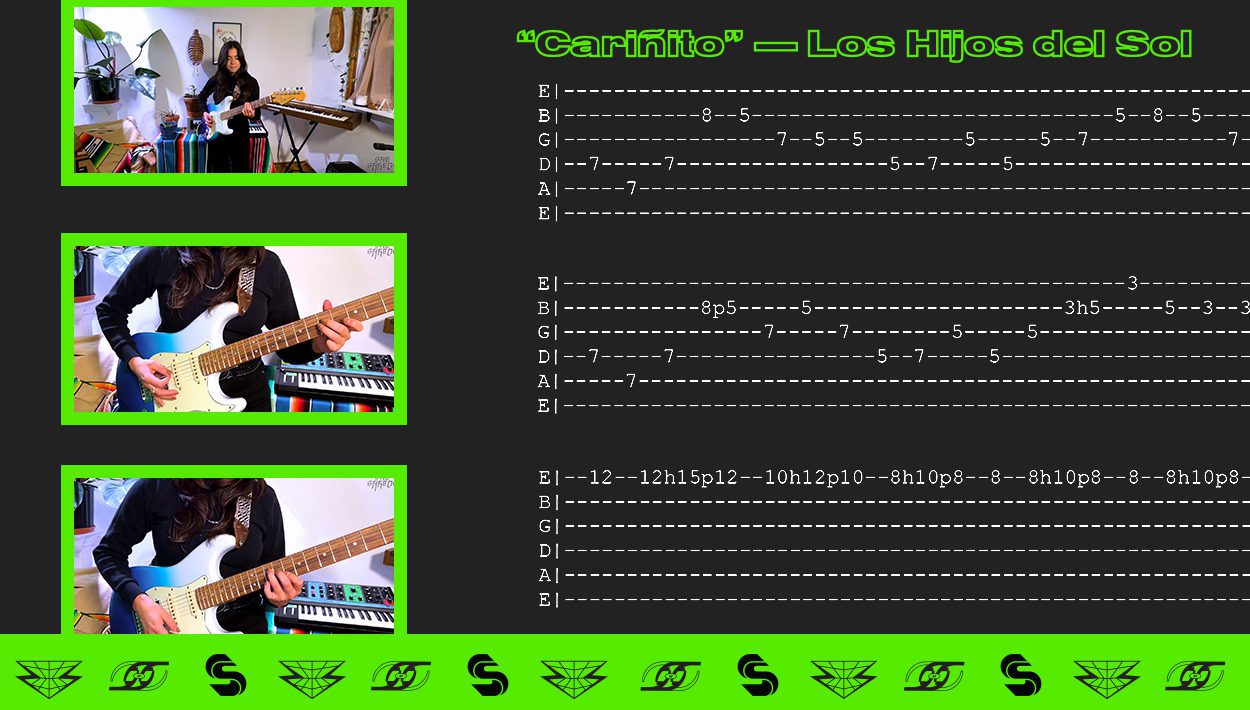
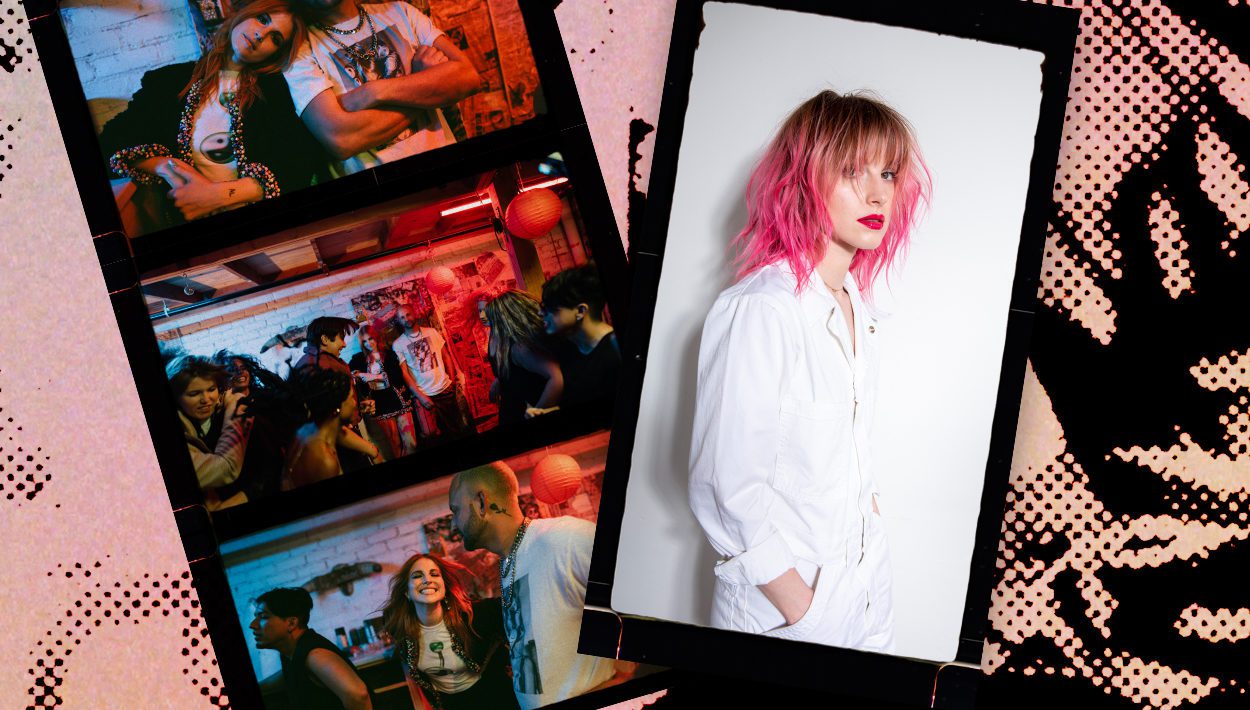
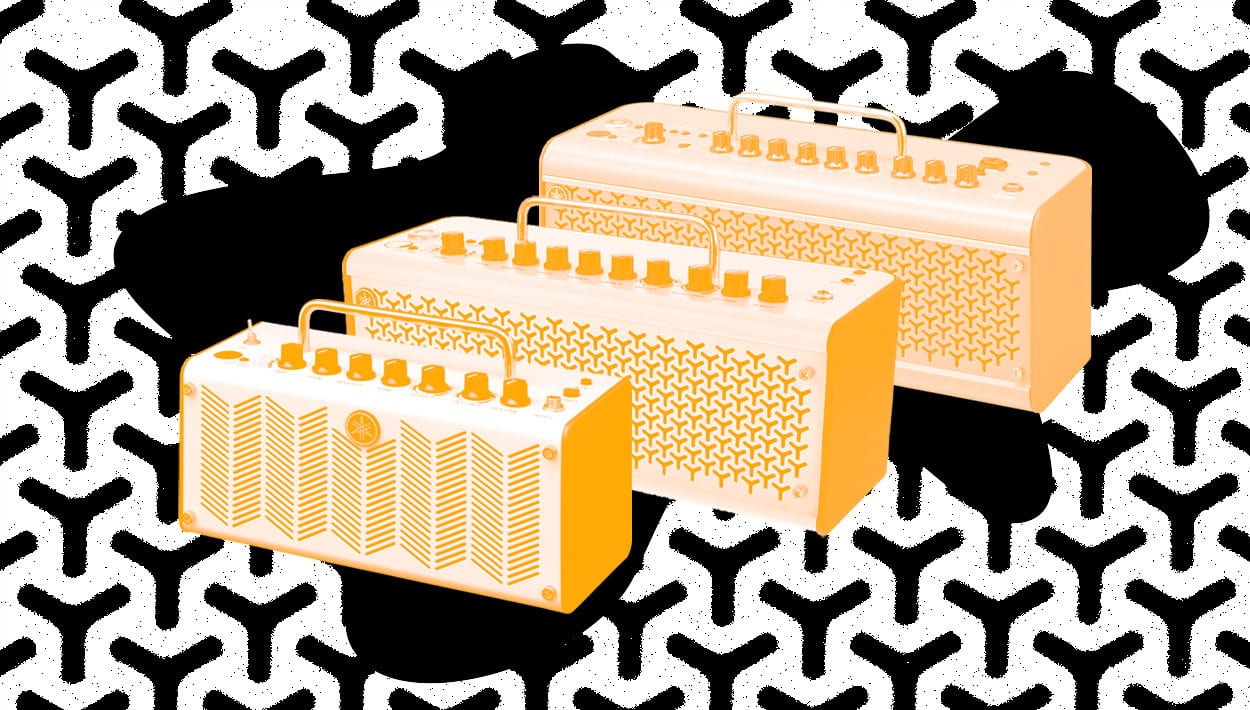
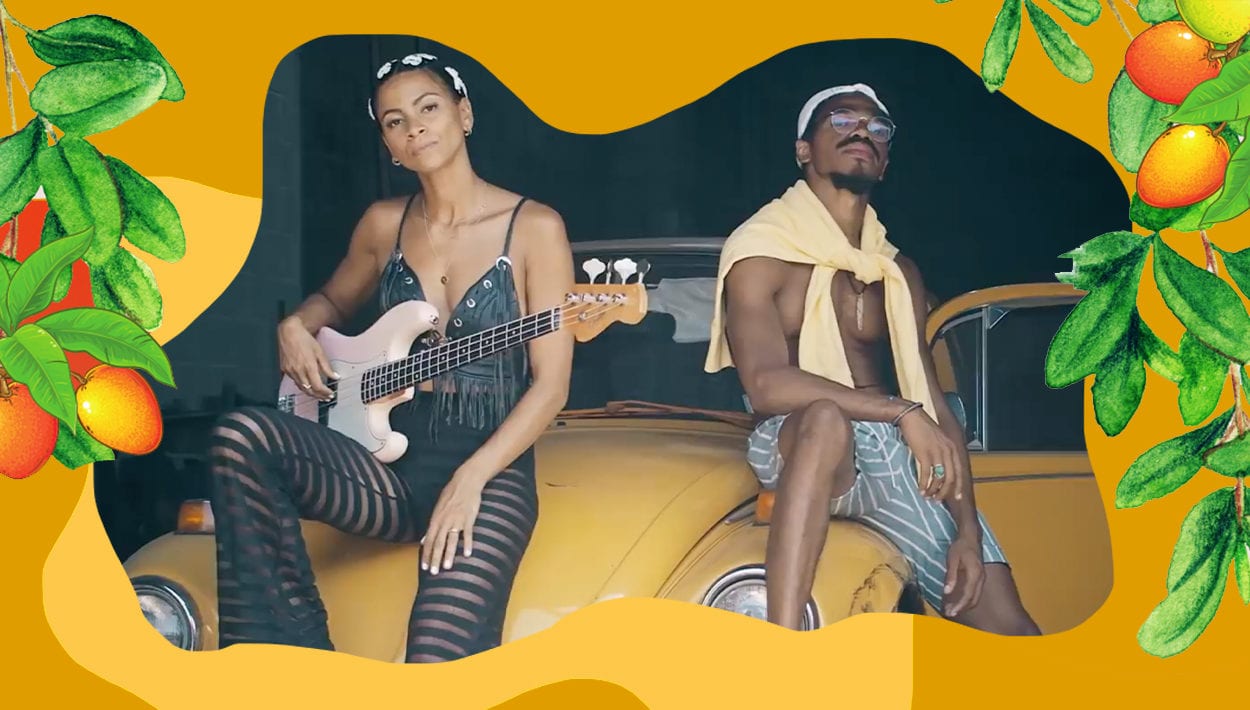
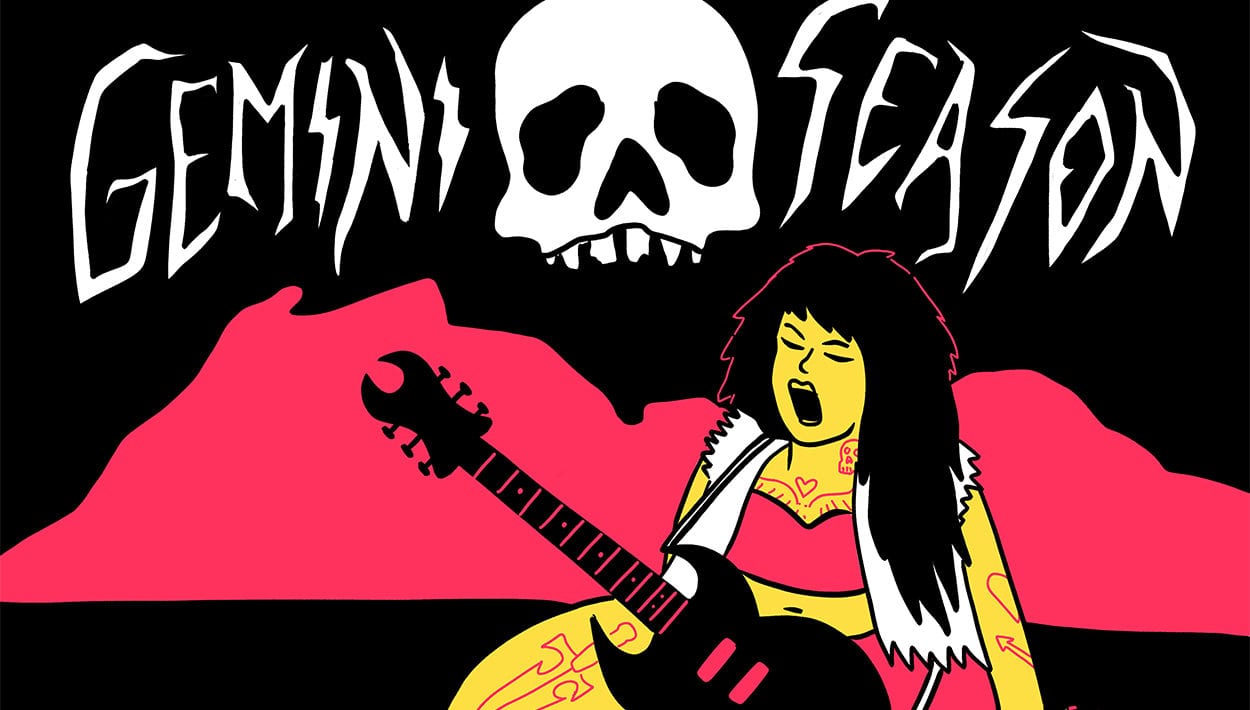
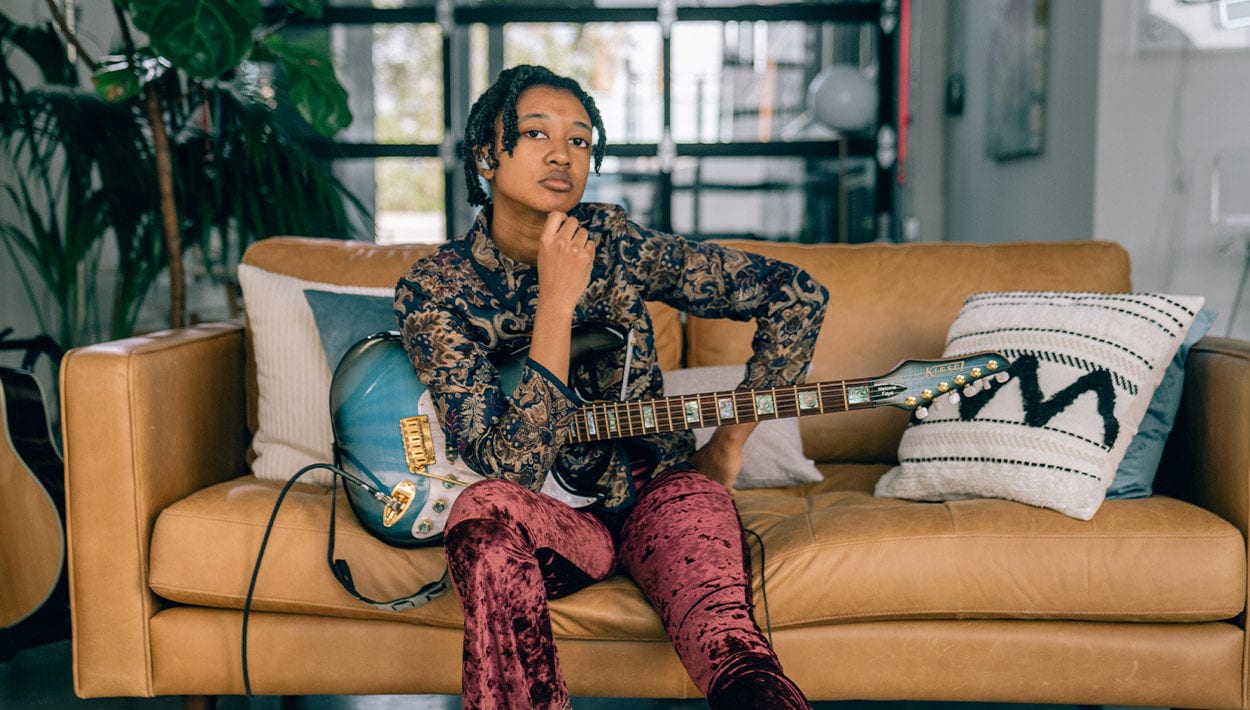
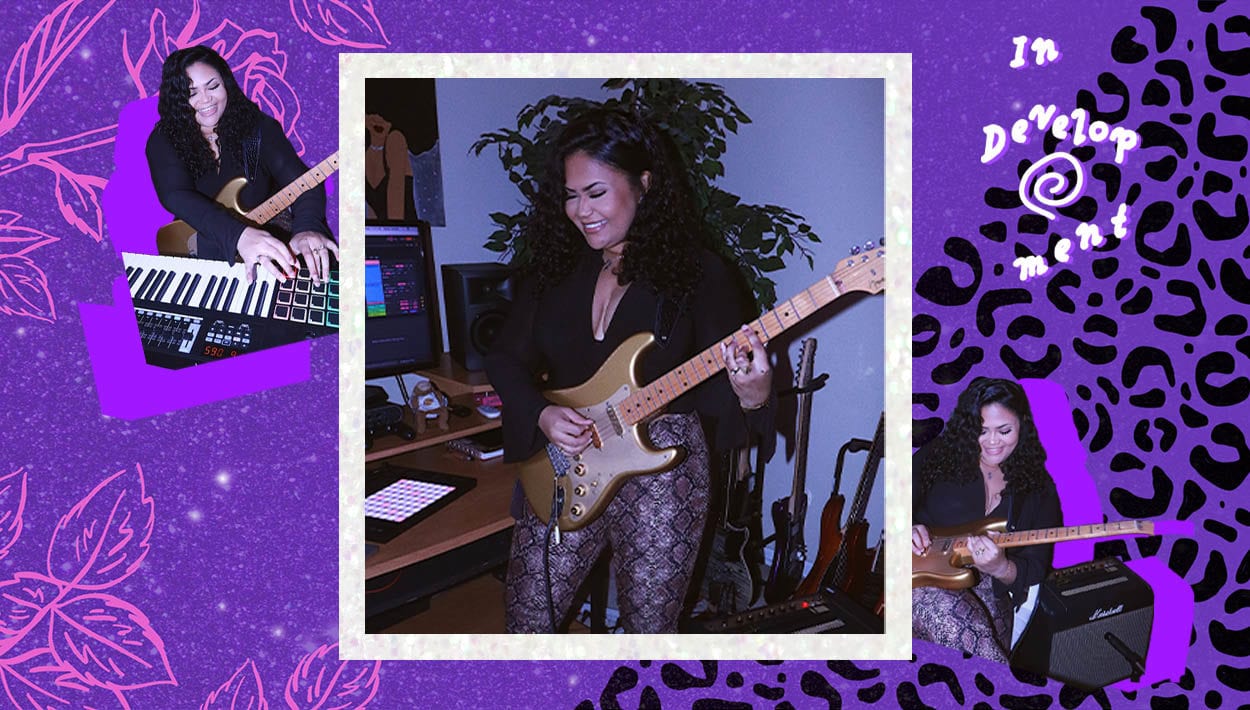
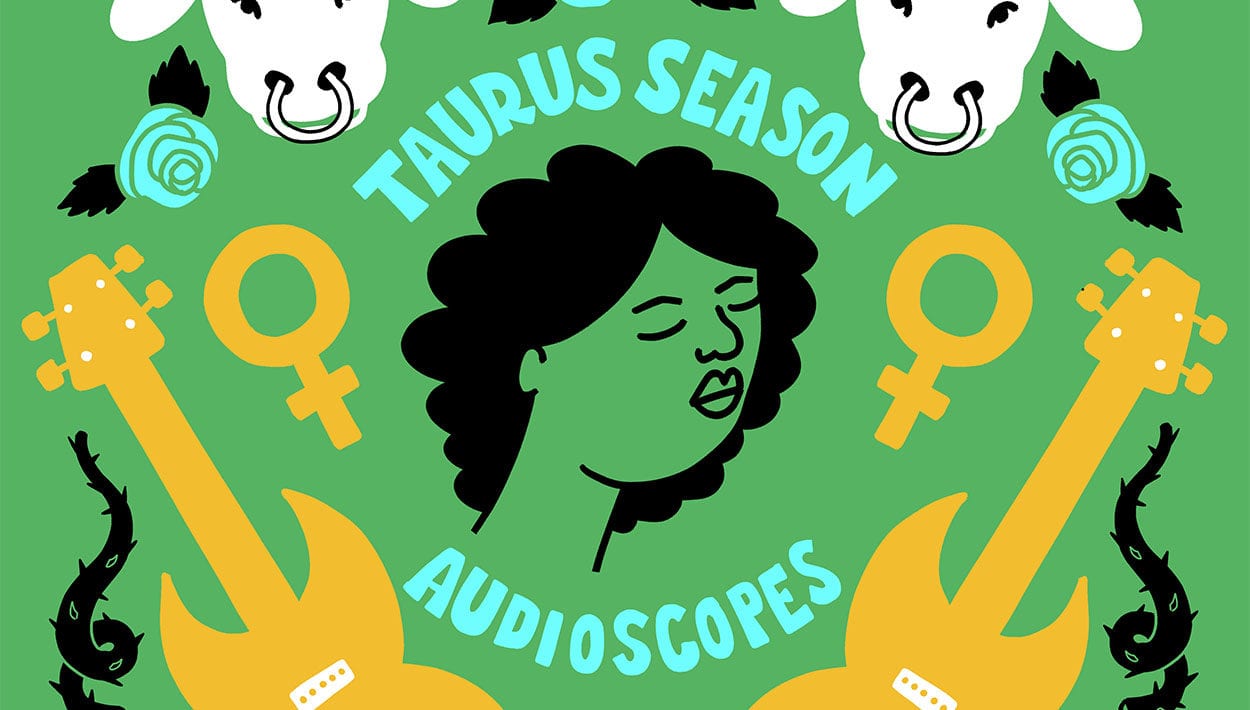


Comments
[…] Jaleesa Leslie Guitarists, Indie, Reads November 10, 2018 0 Minutes Read She Shreds’ interview with Eliza: https://sheshreds.com/eliza-shaddad/ […]
Pingback by Eliza Shaddad – “Just Goes to Show” – Black Women in Rock on November 10, 2018 at 8:23 amSomeday she hopes to live in the middle of nowhere, somewhere by the sea. happy glass online.
Comment by Christen Kincaid on November 13, 2018 at 7:06 ammusic is one part of our lives. I think everyone wants to spend more time at concerts. So you need to study well and visit the website this should help you. So do more useful things for study.
Comment by Morgan Grant on August 29, 2019 at 5:29 amI love to write, but such large works as a dissertation just strain me. I didn’t waste my nerves and immediately took the help of specialists https://www.brillassignment.co.uk/dissertation/ I am calm about working with them, as I am sure that it will be interesting, unique and get a high score.
Comment by Vikas on December 1, 2022 at 4:06 am